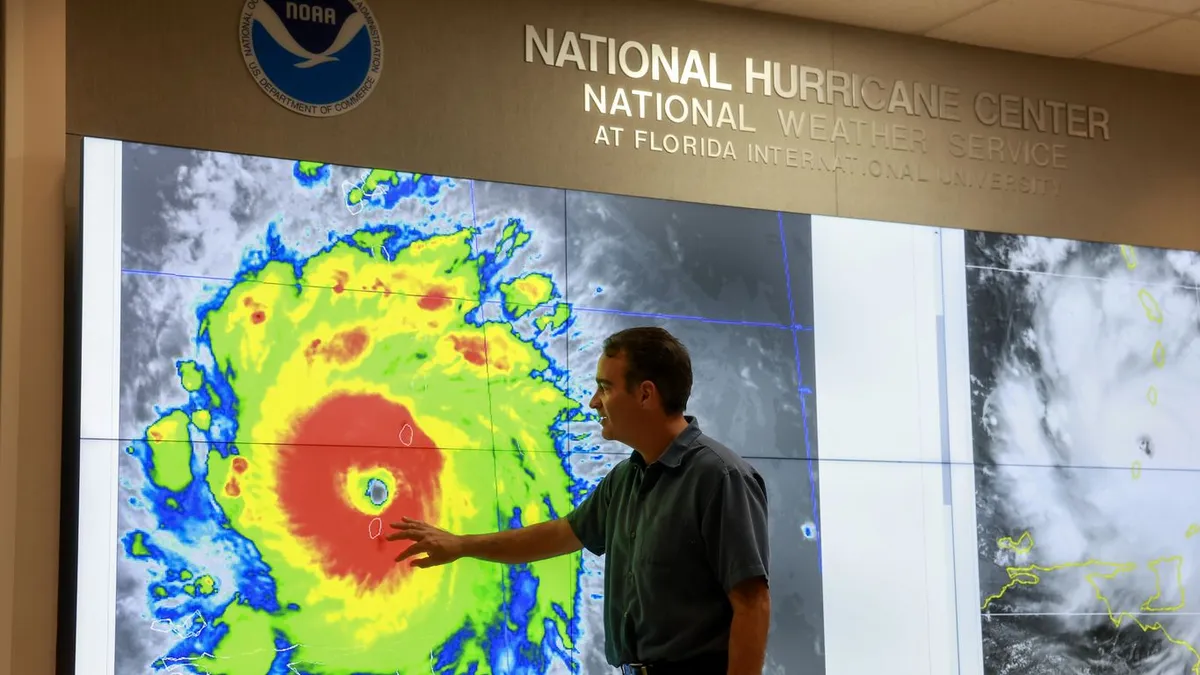
The recent decision by the National Oceanic and Atmospheric Administration (NOAA) to lay off 800 employees has raised significant concerns about the future of weather forecasting and climate monitoring in the United States. This move is particularly alarming given NOAA's crucial role in providing accurate weather forecasts and managing vital satellite data and radar systems.
NOAA is a federal agency that plays a pivotal role in monitoring and predicting climate and weather patterns. Established to provide essential data that supports various sectors including agriculture, transportation, and emergency management, NOAA's mission is more critical now than ever as climate change continues to pose challenges worldwide. The recent layoffs threaten the agency's ability to fulfill this mission effectively.
With the elimination of 800 positions, NOAA faces a significant reduction in personnel dedicated to maintaining and improving the accuracy of weather forecasts. These cuts may hinder the agency's capacity to respond to severe weather events and could compromise public safety. Experts warn that a reduced workforce could lead to less timely and precise weather updates, impacting everything from daily planning to disaster preparedness.
The layoffs come amidst a backdrop of political controversy, including President Trump's recent actions which have drawn public scrutiny. As the Trump administration seeks to streamline federal operations, the implications of cutting staff from such a vital agency could be profound. Critics argue that these job losses undermine the government's capability to effectively monitor and respond to environmental changes.
As NOAA grapples with these staffing challenges, the future of weather forecasting hangs in the balance. The agency's ability to deliver timely and accurate forecasts is essential not only for individual safety but also for the economy and national security. Stakeholders across various sectors are urging the government to reconsider these cuts and invest in strengthening NOAA's workforce instead.
The recent layoffs at NOAA highlight a critical juncture in the agency's history. With the ongoing challenges of climate change and the increasing frequency of extreme weather events, a robust and well-supported NOAA is essential for effective weather forecasting. It is imperative that both government officials and the public advocate for the restoration of these vital positions to ensure the safety and well-being of all Americans.